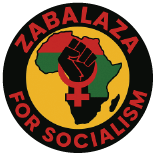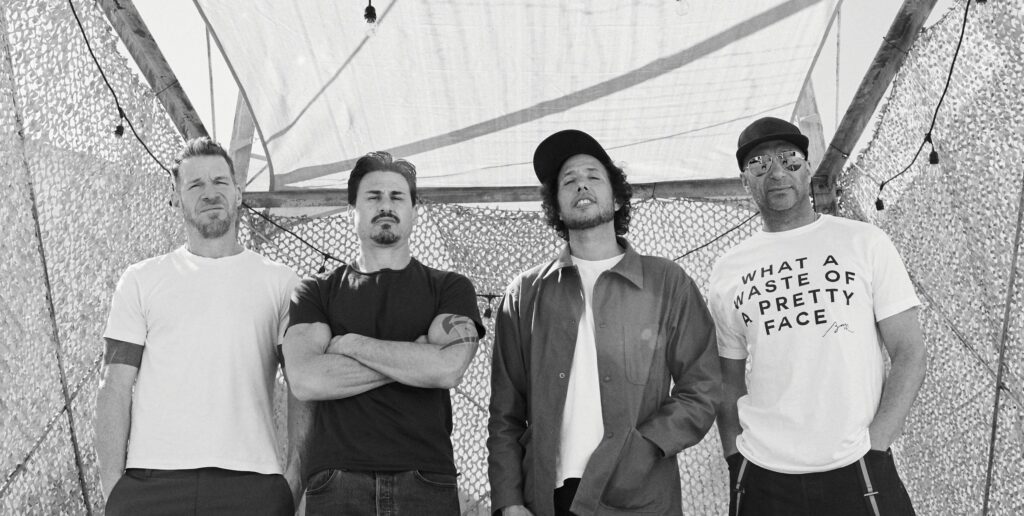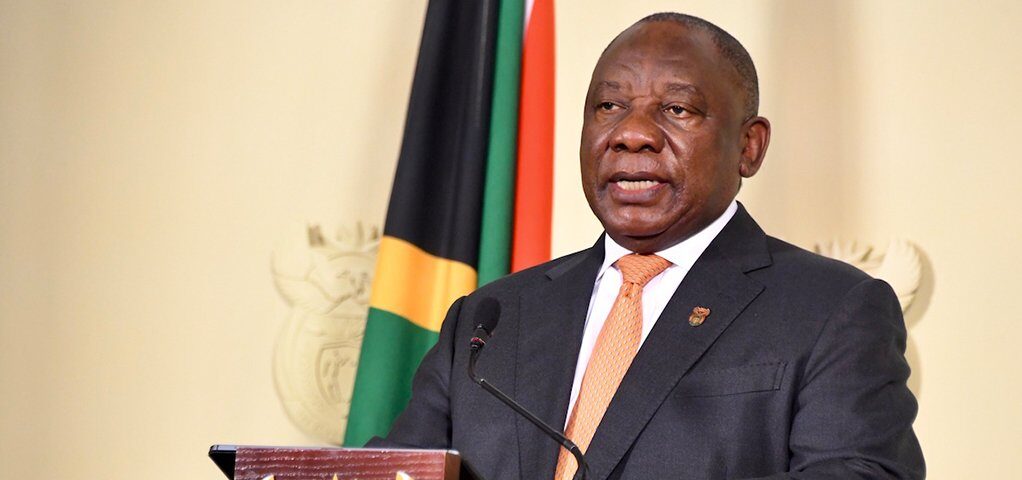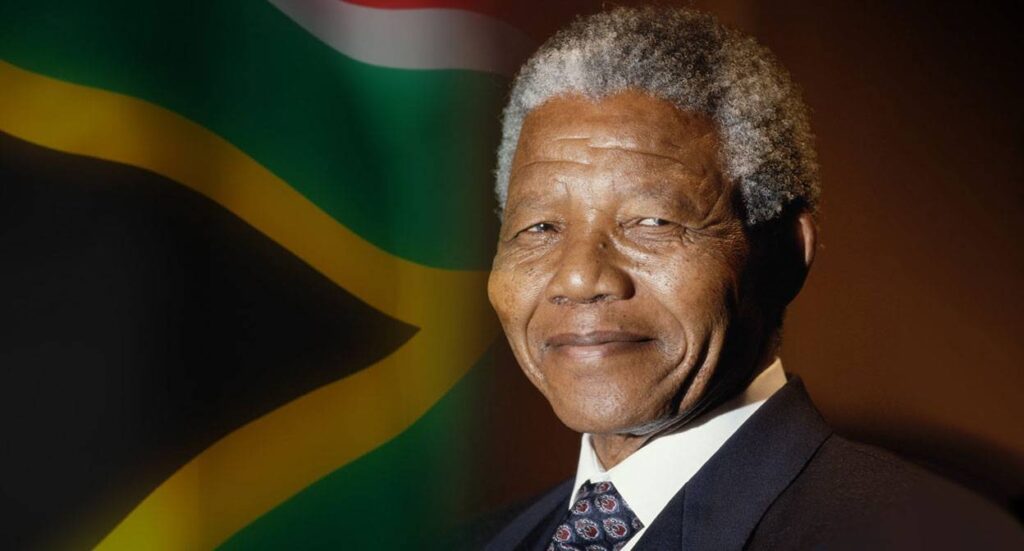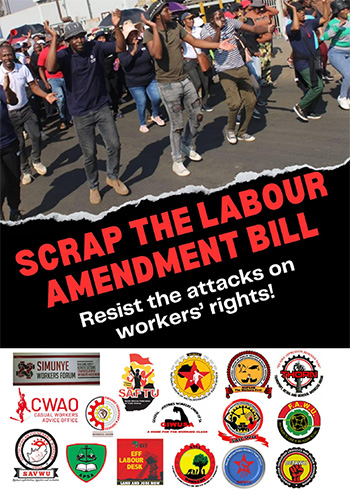From Rage Against the Machine’s Hall of Fame speech to Bob Vylan, Hyphen and Mudrat, a new grammar of protest is traveling the globe. South Africa—where struggle soundtracks have long carried politics—should listen for its beat again.
South Africa knows the sound of refusal. It’s in the toyi-toyi, the chant, the ululation at the picket line. It’s in Brenda Fassie’s bite and Prophets of Da City’s bars. Our politics has always been sung as much as it has been written. Lately, though, something colder crept in: the managerial hush—public relations language, corporate “stakeholder engagement,” and a politics that asks us to be reasonable while the unreasonable grinds on. Polite authoritarianism is the mood: commissions without consequences, “frameworks” for everything but justice.
Elsewhere, a different temperature is rising. When Tom Morello accepted Rage Against the Machine’s Rock & Roll Hall of Fame induction in 2023, he didn’t settle into nostalgia. He turned the moment into a call sheet: join a union, start an underground paper, follow conscience over orders, form your own band if you must. The point was not the museum. It was the mission. Rage, here, is not a tantrum; it’s a method—an affect that organizes action.
Across the diaspora, artists are weaponising that affect. In the UK, Bob Vylan’s punk-grime refuses the colonial hangover with a simple, devastating chorus: “We live here.” It’s a line you can feel from Makhanda to Manchester—an answer to every “go back” sneer and every bureaucratic policy that treats Black life as temporary. Hyphen, a British South Asian rapper who performs like a punk frontman, flips the culture war script with chants like “Hate yachts, not dinghies”—aiming anger up the class ladder, not down at refugees. In Australia, Mudrat’s nu-metal rap turns the algorithmic feed into a raucous assembly, calling out war crimes and wealth worship with unapologetic venom.
What binds these projects is a grammar you can hear. Distortion, chant, refusal. The song does not ask to be understood by the powerful; it makes sense to those who already feel the pressure. And that is precisely why it moves crowds. The affect is the argument.
South Africa needs that register again, not because we lack anger, but because our anger is too often redirected into memes, committee rooms, or cynicism. We live in a country where whistleblowers are killed; where youth unemployment is a structural humiliation; where “service delivery” is a euphemism for abandonment; where Gaza’s catastrophe meets our own history and asks us whether solidarity is still muscle or only memory. In such a climate, “be reasonable” is the lullaby that puts democracy to sleep.
Refusal—as Indigenous scholars remind us—is not only a “no.” It’s a protection of what must not be handed over, a defense of sovereignty in the everyday. In our context: refusing to normalise rolling corruption; refusing to let universities police dissent while outsourcing care; refusing to turn community radio into corporate copy; refusing to accept that the only future available to the youth is hustle or exile.
Music helps metabolise that stance into rhythm. It tells the body, not just the brain, that we are many. Think of how Fees Must Fall carried itself: songs stitching a line across campuses, breath turning into chorus, chorus into barricade, barricade into negotiation. That was not “irrational exuberance.” It was political intelligence at 140 bpm.
The lesson from Rage, Bob Vylan, Hyphen and Mudrat isn’t to import their sound; it’s to recover our own. Let amapiano’s log drums carry a strike song. Let maskandi’s itinerant poetics thread township refusal to rural memory. Let the church chorus break rank with piety when justice demands it. Publish the campus zine again. Start the neighbourhood paper. Form the band. If the gates won’t open, make another entrance.
The managerial voice will call this irresponsible. Good. Responsibility without justice is obedience with better manners. Politeness built load-shedding, tender mafias, and a politics where everyone condemns collapse but no one resigns. We’ve been civilized into inertia.
History, like music, is not something that happens to us. It is something we make. If you’ve got a boss, join a union. If you’ve got a mic, hand it around. If you’ve got a beat, let it carry names the news forgets. Rage, properly tuned, is not the opposite of care; it is care refusing to be patronised. South Africa has never lacked the note. We need to turn it up.
